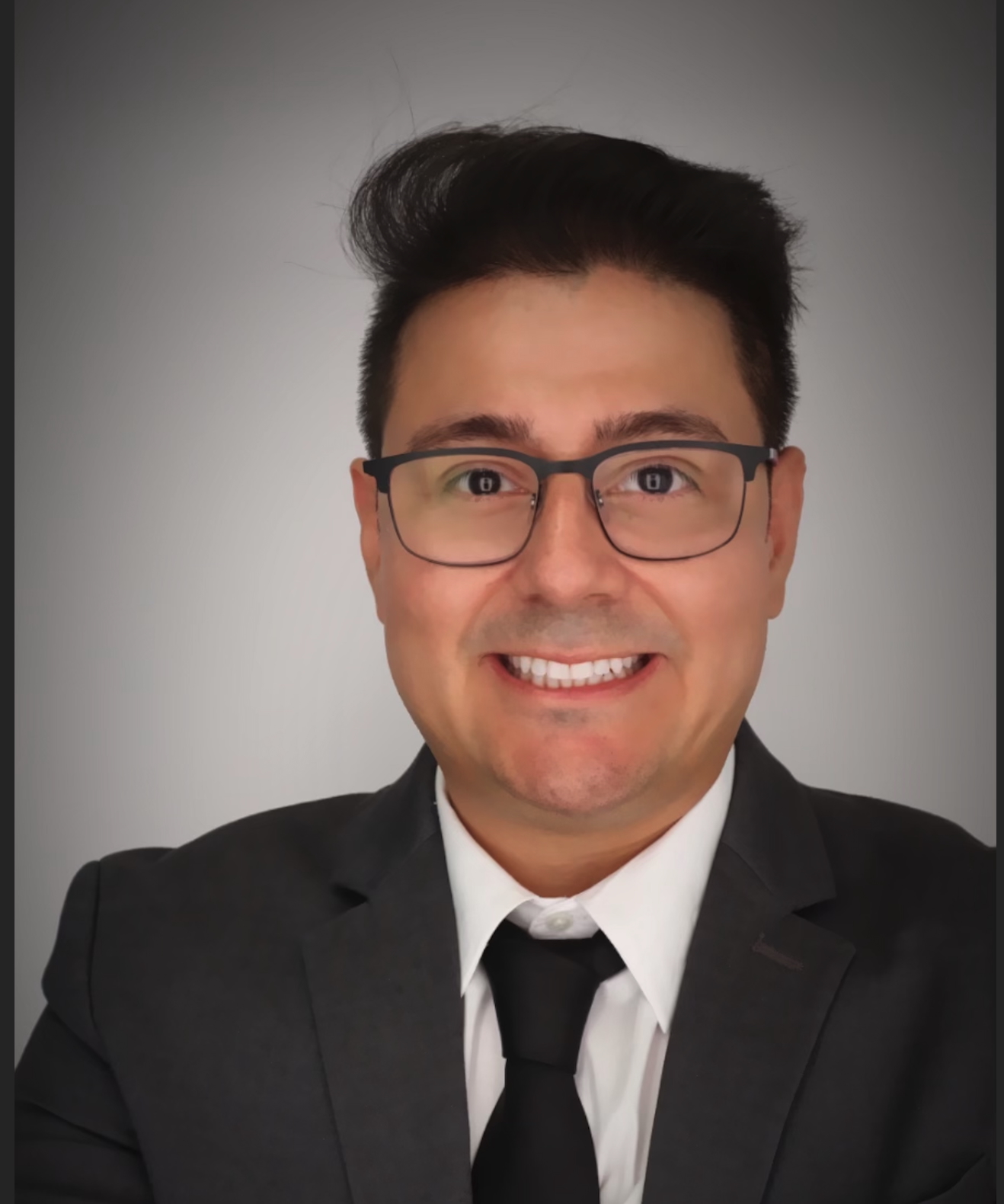Research Impact & Achievements
Transparent counts with conservative rounding. Updated Jan 2025.
-
$1.5M+Research grants contributed toContributions across 8 awards including NEH, National Park Service, and Doris Duke Foundation projects.
-
200+Oral history interviews conductedCommunity based interviews across Florida, the Mississippi Delta, and Indigenous communities nationwide.
-
175+Students taught at CornellMultiple sections over two semesters.
-
40+Student volunteers coordinatedOver three years as Assistant Director at the Samuel Proctor Oral History Program.
-
1Peer reviewed publicationPlus several manuscripts under review and in revision.
Grant total reflects full award amounts for projects I contributed to and does not represent personal earnings.
About My Journey
Biography
I am a PhD student in the School of Industrial and Labor Relations at Cornell University, where I study how worker centers and non profit organizations empower marginalized communities, particularly immigrant, low wage, and undocumented workers, across New York and Florida. My research draws from oral history, ethnography, and the Power Resource Approach to understand how these organizations cultivate leadership, build coalitions, and generate collective power in the absence of formal union protections. I focus on the strategies used by grassroots groups to create spaces of dignity and democratic participation within structurally unequal labor systems. This work builds on years of experience in fieldwork, archival research, and policy collaboration with organizations like the Farmworkers Association of Florida and the Samuel Proctor Oral History Program.
My commitment to this work has been shaped through years of oral history fieldwork alongside communities across the United States, particularly in the Deep South. From documenting Black resistance in the Mississippi Delta to collaborating with Indigenous leaders through the Doris Duke Oral History Project, I have seen how storytelling and memory preserve dignity and challenge systems of oppression. These experiences continue to guide my approach to labor scholarship, one that is grounded in collective memory, accountable to the communities I study, and focused on amplifying the voices of those historically excluded from power.

